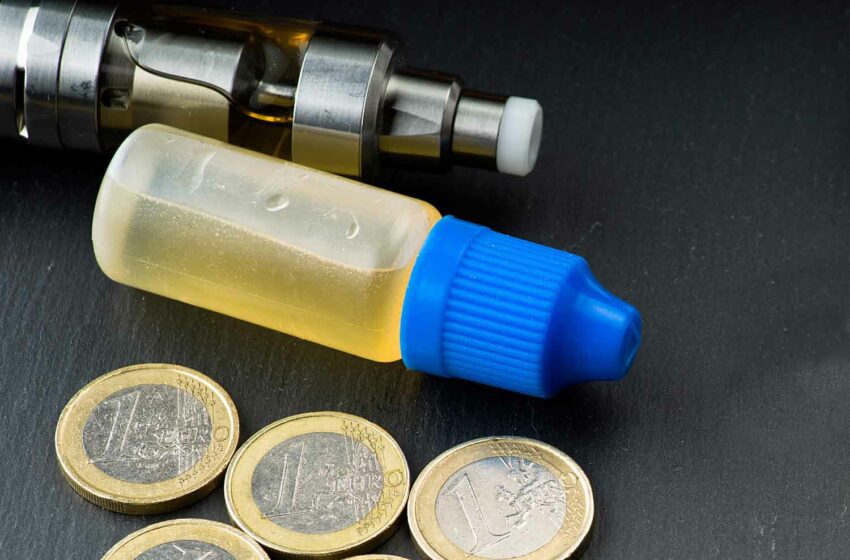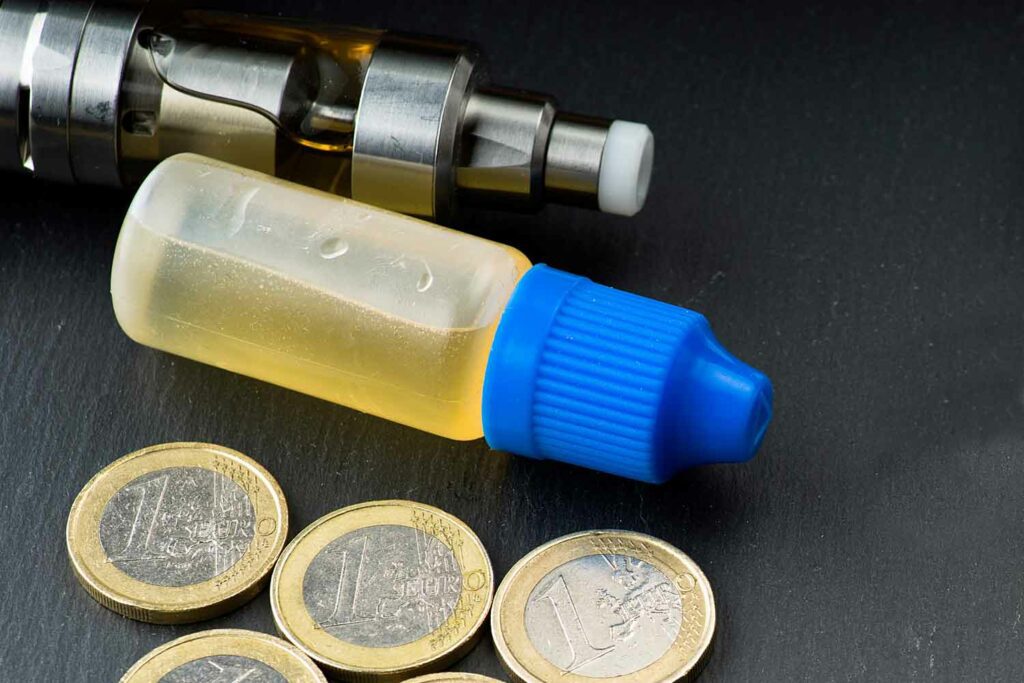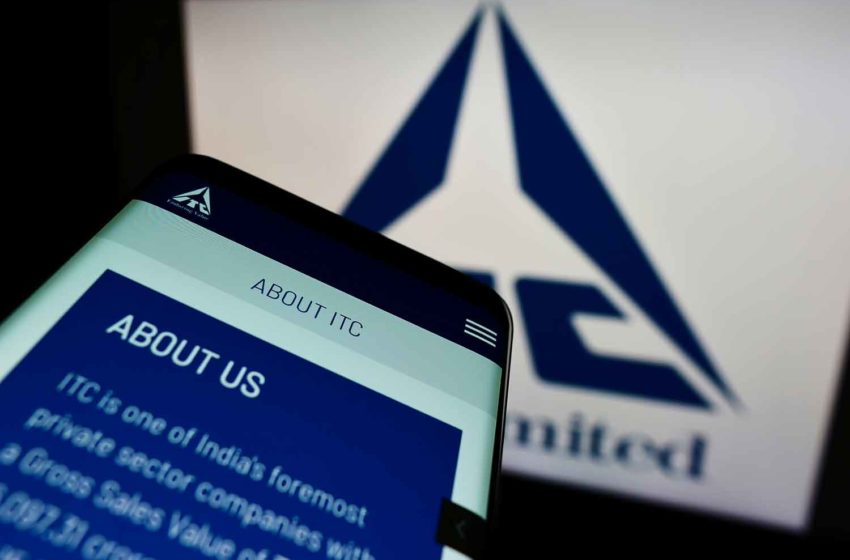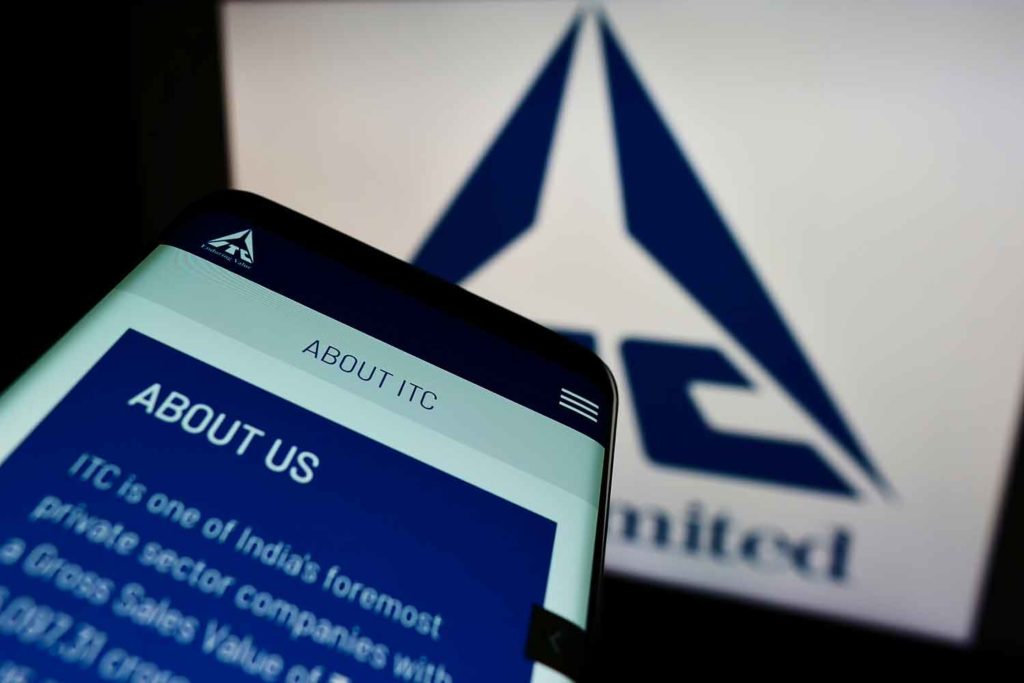Juul Labs has submitted a premarket tobacco product application (PMTA) to the U.S. Food and Drug Administration for its next-generation platform (NGP) device and menthol-flavored pods requiring user age verification.
According to a company announcement, the submission includes comprehensive science and evidence for new menthol-flavored pods at 18 mg per milliliter nicotine concentration to be used with Juul Labs’ next-generation device, for which the company submitted a PMTA to the FDA in July 2023 along with tobacco-flavored pods.
“Our next-generation ENDS [electronic nicotine-delivery system] platform, launched initially in the U.K. in 2021 as ‘Juul2,’ delivers an improved vapor experience for adult smokers, utilizes unique Pod ID authentication to address illicit products and incorporates age verification technology capabilities,” Juul wrote on its website. “This latest submission advances our commitment to addressing two public health problems: improving adult smoker switching from combustible cigarettes and restricting underage access to vapor products.”
Each NGP-compatible menthol pod contains a secure microchip that communicates to the NGP device a requirement for age verification prior to use. The NGP device itself can further be locked by the user at any time to prevent unauthorized use. In addition to limiting the number of devices that can be purchased, Juul Labs will also limit the number of new devices that each unique age-verified user can activate and use with menthol-flavored pods to further mitigate the risks of social sourcing.
“The technological advancements that enable device-level age verification complement the programmatic efforts Juul Labs has taken since the company’s 2019 reset to address underage use of its products,” Juul wrote.
The next-generation platform can be used with a mobile or web-based app that enables age verification technology, including device-locking and real-time product information and insights for age-verified consumers.
As the apps are already available in other markets, Juul Labs said it adheres to industry-leading data-privacy protections that are compliant with the EU’s General Data Protection Regulation. For example, the NGP-compatible Juul mobile app and web app do not transmit any customer location data to Juul Labs; the location data necessary to provide app features is stored locally on the customer’s smartphone or computer.
Similarly, the company does not have access to a consumer’s device usage (i.e., puff) information.
Device usage information necessary to provide app features is stored either locally on the customer’s smartphone or computer, or in customer opt-in, end-to-end encrypted backups.
In June 2022, the FDA denied marketing authorization for the currently marketed Juul system. Juul Labs challenged the order in court, and its products remain on the U.S. market pending an administrative review.























